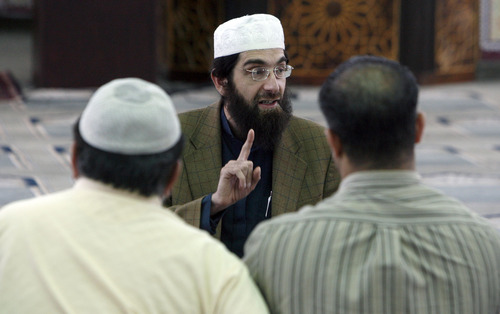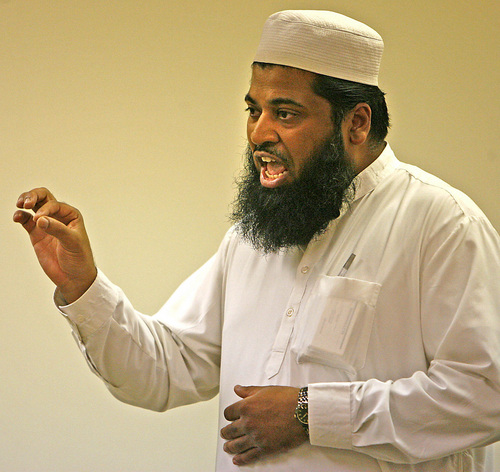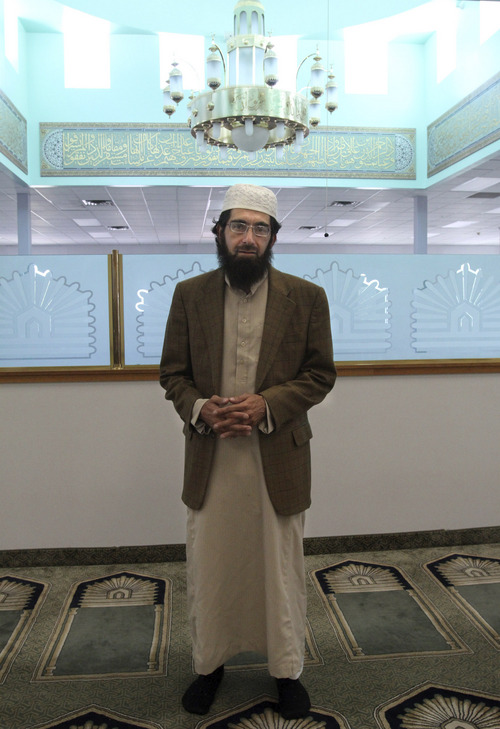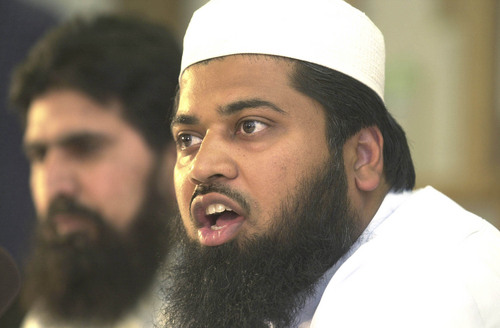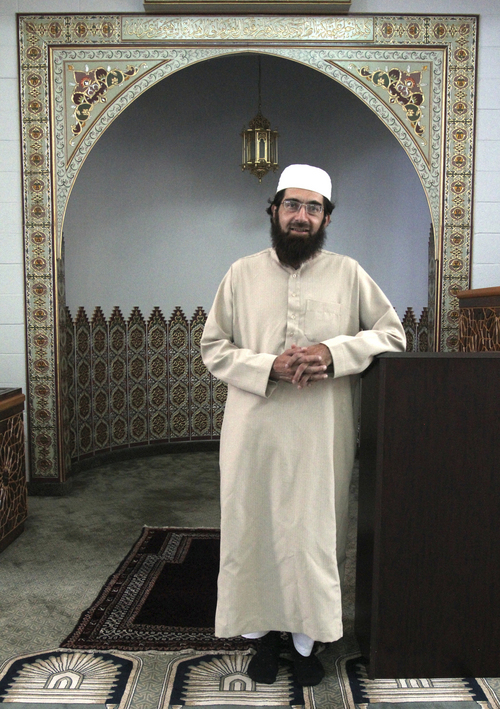This is an archived article that was published on sltrib.com in 2014, and information in the article may be outdated. It is provided only for personal research purposes and may not be reprinted.
Islam is a compassionate and tolerant religion, Utah Muslim leaders say, so any group that terrorizes minorities, beheads children or kidnaps women while claiming to be Muslim would be violating tenets of the faith.
But that is what various news agencies have said Islamic State militants are doing in northern Iraq — attacking Christians and Yazidis (a Kurdish-speaking minority whose faith is linked to ancient Zoroastrianism), while driving thousands from their homes.
The Islamic State has been accused of attempting genocide against the area's religious minorities and committing untold atrocities in its attempt to take over the region.
"If they are persecuting minorities, religious or ethnic, then it is a bogus group and we have no sympathy for it," says Imam Shuaib Din, leader of Utah Islamic Center in Sandy. "If they are killing or allowing the suffering of people who don't agree with them, that goes against the common core of Islam."
The religion would not condone killing anyone, he says, especially for nonbelief.
Din stopped short of outright condemnation of the extremist group by name. He says he doesn't have enough "credible information" about the Islamic State to either critique or condemn it.
Imam Muhammed Mehtar, of the Khadeeja Islamic Center in West Valley City, was also circumspect in assessing the Islamic State's reported actions in Iraq.
Islam is "a moderate religion and a moderate group of people. Moderation is in everything we do," Mehtar says. "To do things that are extreme — whether in manner of hate or love — that is not in Islam."
Moderation, the imam reiterates, "represents our true values, our Muslimness."
Reports from the region around Kurdistan say that Islamic State militants have demanded that Christians and Yazidis either convert to Islam, pay a tax, leave or be killed.
If Islamic State believers are taking that approach, Mehtar says, "it is not a representation of all Muslims."
The Quran says there is "no compulsion in religion," he says. "One cannot force another individual to convert — even to Islam."
If it has happened throughout history, Mehtar says, "it is not right."
Mehtar, though, remains skeptical about the way the Islamic State is being portrayed.
"Something is wrong," he says, "with this picture of what is happening."
Christians and others have been fleeing the troubled territory, spawning a humanitarian crisis and prompting charities and faith groups to step up their assistance. The Utah-based Church of Jesus Christ of Latter-day Saints recently authorized $100,000 in goods to be sent to northern Iraq to help the refugees.
Twitter: @religiongal


